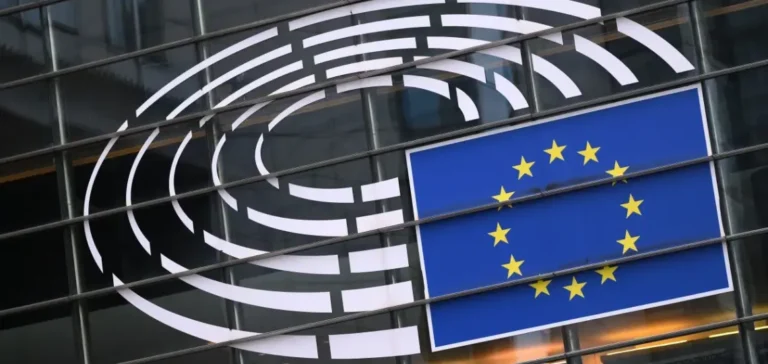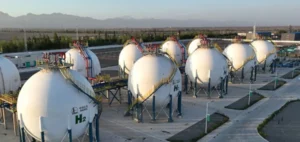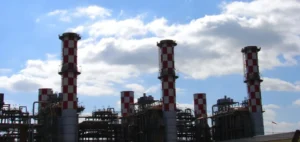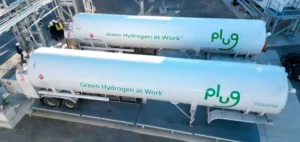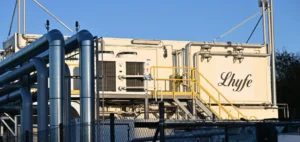The European Commission is prepared to launch infringement proceedings against European Union member states that failed to transpose the RED III directive (Revision of the Renewable Energy Directive) into national law on time, according to Lukasz Kolinski, Director for Green Transition and Energy System Integration at the Commission’s Directorate-General for Energy.
Speaking during a webinar hosted by Hydrogen Europe, Kolinski stated that, as of May 21, only one member state had fully transposed the directive, while ten others had done so partially. RED III requires the inclusion of binding targets in national legislation for renewable fuels of non-biological origin (RFNBOs), used primarily in the transport and industrial sectors.
Missed deadlines already sanctioned and final deadline under threat
Kolinski explained that infringement procedures had already been initiated over the missed mid-term deadline related to permitting procedures. He confirmed that the Commission would not hesitate to apply the same legal framework to push states to finalise RED III implementation before the end of the year. The degree of progress made by each country will be considered in assessing non-compliance.
At the World Hydrogen Summit held in Rotterdam in May, several industry stakeholders reported that the lack of regulatory clarity at national level was delaying the signing of long-term contracts. Uncertainty surrounding RFNBO sub-targets was hindering decision-making for suppliers and industrial consumers.
Ongoing uncertainty for project developers
Kolinski dismissed any suggestion that the RFNBO targets could be weakened. However, the lack of transparency on penalties or buyout mechanisms in the event of non-compliance complicates cost forecasting for industrial players. Matt Hodgkinson, senior hydrogen analyst at S&P Global Commodity Insights, pointed out that this opacity undermines the economic viability of projects.
The directive mandates that RFNBOs account for at least 1% of energy used in transport by 2030, and 42% of hydrogen in industry—rising to 60% from 2035. To date, only Romania and Czechia have introduced binding quotas for both transport and industrial use.
Market mechanism expected by September 2025
To address the gap between available supply and actual demand, the Commission plans to introduce a supply-demand matching mechanism starting in September 2025. According to data from Platts, the cost of green hydrogen production via alkaline electrolysis in Germany was assessed at EUR8.13/kg ($9.31/kg) in early June, compared to EUR7.77/kg in the Netherlands.
Kolinski also identified permitting duration as a major bottleneck. RED III is part of a broader regulatory framework that includes FuelEU Aviation, FuelEU Maritime, and the extension of the Emissions Trading System (ETS) to cover maritime and aviation sectors.


